“`html
AI Chatbots: Your New Shopping Buddies?
Tired of racking your brain trying to find the perfect gift this year? Artificial intelligence chatbots might just be the solution you’ve been searching for, but don’t expect miracles just yet. These conversational AI tools are popping up everywhere, from online retailers to e-commerce sites, designed to help you shop smarter. They’re not replacing human customer service entirely, but they’re definitely adding a new layer to online shopping.
How AI Chatbots Are Changing the Shopping Experience
Imagine asking a chatbot, “What’s the best wireless speaker?” That’s the kind of natural, conversational interaction these AI shopping assistants are facilitating. Companies are using advanced generative AI to power these chatbots, hoping you’ll use them as virtual companions to discover new products and compare items. Think of them as your personal shopping assistants, helping you navigate the vast digital marketplace. But these tools are still evolving and learning, so there are some limitations.
AI Shopping Assistants: A New Frontier in Retail
Major players like Amazon (with its AI-powered shopping assistant, Rufus) and Walmart are testing these chatbots, and it’s a space that’s seeing rapid growth. These virtual helpers are designed to aid in product discovery, comparisons, and answering your questions about specific products— like whether a coffee maker is easy to clean or whether a certain lawn game is kid-friendly. However, there are key areas where they’re still not quite perfect.
What Are the Limitations of AI Shopping Assistants?
While these tools are impressive, they aren’t quite ready for prime time yet. Here are some of the key drawbacks I’ve observed:
- Incompleteness: They still struggle with personalizing your experience; they typically don’t remember your past purchases or preferences.
- Accuracy Issues: Chatbots can sometimes “hallucinate,” offering incorrect or misleading information about pricing or even recommending products that don’t match your search.
- Lack of Transparency: The way these AI assistants generate recommendations is often unclear, which makes it hard to understand how information is weighted.
- Difficulty with Comparisons: Finding the absolute best deal or comparing products across different retailers is a challenge.
AI’s Ongoing Evolution
It’s important to remember that this technology is still quite new. Companies like Amazon have stated that these tools are continually learning and evolving. The future of AI shopping assistants depends heavily on their ability to be more personalized, accurate, and transparent. Perhaps in the future, these assistants will be able to remember your shopping history and tailor recommendations to your individual preferences. Right now, they’re a helpful tool, but not a perfect one. I hope they will improve in the future.
What are your experiences with AI-powered shopping assistants? Share your thoughts in the comments below!
Share this article with your friends who might be interested in learning more about AI’s role in shopping.






